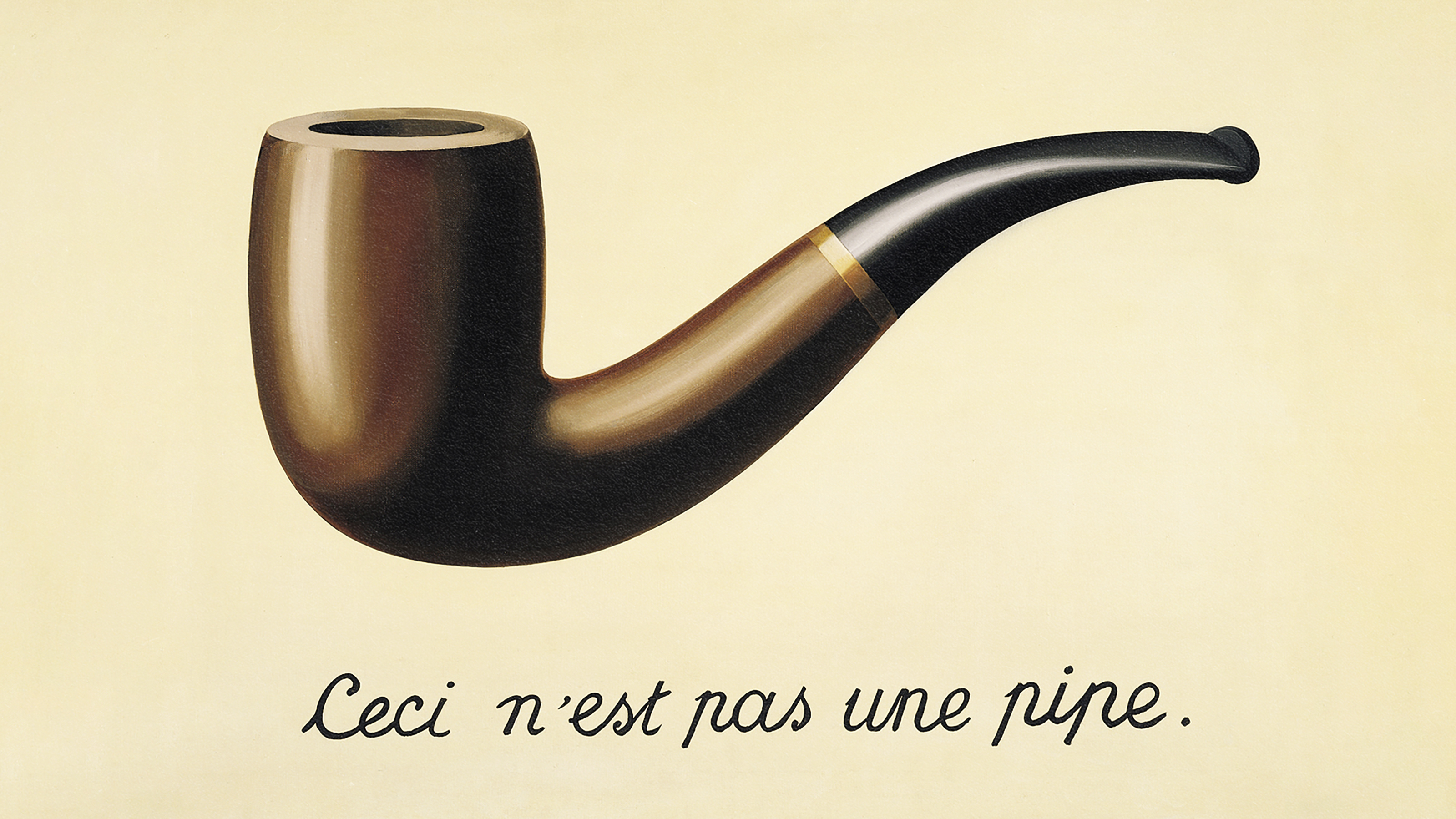Why “orenda” is the vital force behind motivated workplaces

- Orenda is an Iroquois word that represents the impulsive, vital spirit of everything.
- People who are driven by orenda are more likely to be engaged and productive.
- Companies can cultivate orenda in the workplace by helping employees play to their strengths.
Life is the bit that happens when what you want meets what the world wants of you. Friedrich Nietzsche once argued that at the heart of all life is a “will to power.” This is an impulsive force behind everything that is constantly grasping and grabbing. Everything strives to get something, and this rubs up against — and invites conflict with — the world. It’s as true for human relationships as a tree’s roots breaking the sidewalk or a river bursting its dam. But this vital energy need not be as belligerent as Nietzsche portrays it. There is another tradition that sees this power in very different terms.
The Iroquois word orenda is a similar idea but it’s more like what we’d call a “motivating force.” Orenda is the impulsive, vital spirit of everything that seeks to leave a mark on the world. The two can come into conflict, as when a hunter’s orenda is thwarted by an evasive rabbit — but more often it’s a kind of dance, where both parties are moving and negotiating some kind of equilibrium. This spiritual force is common in a lot of native American philosophy. Where the Iroquois use orenda, sister concepts are found in manitou (Algonquian) or pokunt (Shoshone).
Everyday orenda
Orenda is an ancient concept with everyday resonance. It is not a rational, calculating kind of desire, as in when we say, “I need to take this route to get to my friend’s house.” It’s an intrinsic reason for action in the first place — it’s the desire to see your friends. Orenda is what gets you up in the morning. It’s what gets you through the hard days and the long nights. It’s an impulsion that drives you to some distant end. In modern terminology, orenda is what we might now call “intrinsic motivation.” Intrinsic motivation is hugely important to being happy, not least in your job.

There is a meme where a job interviewer asks, “Why do you want this job?” and the candidate replies, “I’ve always been passionate about being able to afford food.” It’s funny and true. Most people work so they can afford to live. They go to their jobs, and they get through the day, so they can take home a paycheck. This is extrinsic motivation. It’s when you do a job because you want money. Other extrinsic motivators might be status, power, or praise.
Enhanced learning and performance
Orenda and intrinsic motivation are about doing something because you want to do it for its own sake. You enjoy the job, you appreciate the work, and you relate to the company you work at. This isn’t to say that extrinsic reward is unimportant. Few people will work for free. But unless you show up to work with orenda, you are going to be sad and stressed. You’re also likely going to perform worse. This meta-study, for example, “found intrinsic motivation to be associated with enhanced learning, performance, creativity, and affective experience.”
Recent research shows that corporate “social framing” affects both intrinsic and extrinsic motivation. As this paper, from May of this year, puts it: “When organizations communicate the benefits of their work for human welfare — that is, use a social impact framing for work — job candidates are willing to accept lower wages because they expect the work to be personally meaningful.”
So people are happier and work better when driven by orenda — and they will work more for less money.
Applying orenda to your business
So how can we nurture orenda in the workplace? The first thing to note is that you cannot give someone orenda, nor can you force it. You have to elicit, fuel, or entice it. You need to provide the right culture in which it can emerge. Here are three tips to do just that:
Elevate social responsibility. Revenue streams are important. Overheads matter. But, for most companies, they won’t intrinsically motivate the workforce. At your next company-wide meeting, try to talk more about the social good you’re doing. Talk about the impact your product or service is having on real people in the real world. A famous example of this is Patagonia, the clothing company. The clothing industry and “fast fashion” have a notoriously exploitative past. Patagonia, in contrast, has taken steps to “hold suppliers (and ourselves) to the highest environmental and social standards in the industry.” And the employees there know that. As a result, “91% of employees at Patagonia say it is a great place to work compared to 57% of employees at a typical U.S.-based company.”
Personalize onboarding. Orenda is about your personal motivation. It’s about what you want to do and how you can get it. The trick, then, is to align personal motivation with company motivation. The best way to do this is during the onboarding process. For example, Accenture decided to send a welcome letter two weeks before new hires joined, lay out a comprehensive account of the company’s history and values, and set up a mentor system as well as regular HR check-ins. This is all standard procedure for most good companies these days, but Accenture raised their onboarding game by personalizing everything. From the welcome letter to the choice of mentor, everything was tailored to the personality of the new hire. They worked with, not against, orenda. The result? New employee satisfaction went up by 25%, and their “time to full productivity” increased by 37%.
Find and play to your strengths. On Big Think+, we have a video with Dan Cable, Professor of Organizational Behavior at London Business School. Cable talks us through one of the best ways to elicit intrinsic motivation — and that’s to work according to your strengths. He told us, “Helping people think about their strengths causes an enthusiasm and a connection to colleagues, to people you work with but maybe even to the work itself.” Cable mentions a story where a boss would have his employees introduce themselves to each other — not with a generic “Hi, I’m Tom from Michigan,” but with a greeting that expressed their best selves. Tell everyone what you’re good at. Tell your boss what you’re good at. Doing what you’re best at feels good, it feels natural, and it’s a great way to bring out orenda.





